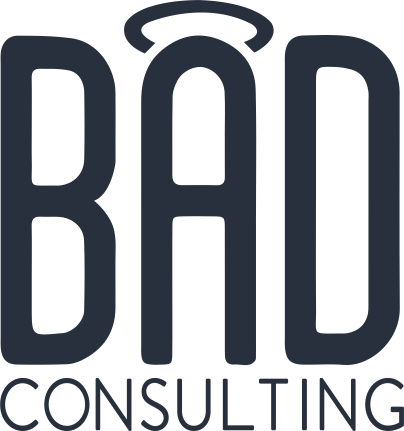In a world where so many people want to make money on social media, there are a lot of people clambering to make what they think is easy money. And they’ll take jobs they’re not necessarily qualified for in order to do it. That means you have to differentiate yourself, especially from this kind of competition.
So when the job market is packed with people who don’t know what they’re doing, how do you differentiate yourself and get great jobs? Let’s talk about it.
Start with a niche
There are generalists, and there are specialists when it comes to social media. I’m of the view that it’s always best to brand yourself with what you do best. If you lead with that foot, it will definitely differentiate you from all of the generalists of the world.
But also, it will help you build a reputation. If you are known in a certain industry, potential clients are more likely to flock to you for your expertise. And if you are known in a certain industry for creating a certain kind of social media work, it will help you circle in on your best client matches.
When it comes to social media, your best advertisement is word of mouth. You’re a big ticket item for companies and that means an investment. Most organizations won’t make that investment in just anyone. But they will make it in someone who has a good reputation in their industry.
Customize your offerings
A lot of new consultants who probably don’t have the experience they need to go after this kind of work offer cookie cutter solutions. They don’t necessarily look at the problem and just focus on what they’ve done in the past that has worked. Don’t do this if you want to stand out and differentiate yourself.
Instead, really look at the problem at hand and get to know all of the puzzle pieces you can. You won’t get them all from a potential client before you sign a contract, but you’ll get some idea of what there is to work with. Create a customized offering and deliver it while telling them the value it will bring to them. Demonstrate that with any examples you have, either with your own previous work or with a campaign that fits the bill. And then give them the whys behind what you’re choosing to do. Showing a thoughtful approach with a glimpse of the process taken to get there will differentiate you from the rest.
Talk about business objectives
So many social media wannabes talk about reach and engagement as if they are the only things social media can move the needle on. Show the difference social media can make with actual business objectives.
Has a client’s revenue increased since you took over their social media presence? Talk about the percentage increase you helped achieve as you talk about their successful campaign. Did you have a client with an awareness campaign? Tell a story about how that awareness actually helped someone. Social media professionals usually only show what’s happening online. Show that you’re just as concerned about those offline objectives that help improve on business goals. It will differentiate you from the rest.
Include education
I don’t know why most social media professionals don’t do this. They could be scared of losing their job if they teach their clients too much or they just don’t see the value in it. Whatever it is, it is a huge mis-step. And I’m not just talking about in terms of making yourself stand out.
An educated client gives you so much freedom. One of my clients told me that the more I educate them about social media, the more they know they can’t absorb that work. So it keeps me secure in my work. And an educated client makes approvals faster, so we can do more complicated content without me having to explain all of the reasons why in the moment. That means we can achieve a whole lot more on social media. It’s honestly such an important part of my work that I have trouble working with a client who has no interest in learning about social, either with my help or on their own.
Be yourself
In a world full of overly glossed people, nothing will differentiate you more than if you are just yourself with some of those rough edges.
Your audience is attracted to your vulnerable moments and most people don’t get that. I’m not saying that you throw out every piece of dirty laundry at them, but don’t try to present yourself as a perfect person. It’s not real. Your potential clients will feel like something is wrong or, worse, will think you’re forgettable. Meanwhile, being your true self will make you memorable and possibly make your potential client relate to you.
Does being you also make it possible that a potential client will reject you because they don’t like who you are? Yes. But they were probably never a good fit to begin with. And they likely would have been a short-term client for you. Go after those long-term clients who enjoy working with you. In the end, they are the ones that matter.
How do you differentiate yourself?

